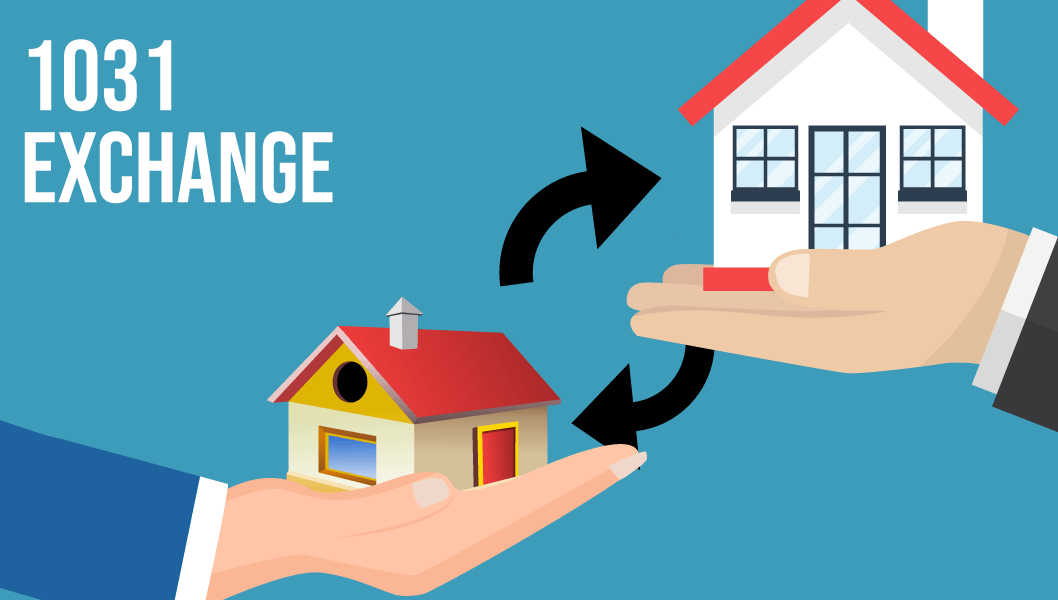A 1031 exchange can be a taxation-deferred exchange that permits you to defer investment capital results income taxes about the sale of the investment house by reinvesting the selling cash in a very similar house. But, the 1031 exchange process is intricate and needs careful planning and rendering. Among the crucial parts of an effective 1031 exchange is the use of a qualified intermediary (QI). In this post, we are going to talk about how a qualified intermediary facilitates a 1031 exchange and why it is recommended to make certain an easy and compliant financial transaction.
1. What exactly is a Qualified Intermediary?
A qualified intermediary is really a thirdly-bash business that facilitates a 1031 exchange upreit companies by retaining the cash in the selling of the relinquished home and taking advantage of those money to purchase a like-kind property. The IRS needs a QI mainly because they cannot possess any partnership with either the consumer or the retailer. The QI ensures the resources are stored outside of the taxpayer’s profiles until they may be reinvested into a new house.
2. Position of your Qualified Intermediary
A QI has an important role in a 1031 exchange simply because they work as an intermediary in between the purchaser and owner. They get ready the 1031 exchange documents, facilitate the transaction of your relinquished residence, and be sure that the retailer fails to get any of the exchange profits. The QI will also help establish replacing properties, perform due diligence, and make the closing records for purchasing the newest residence.
3. Advantages of using a Qualified Intermediary
There are several good things about employing a QI for any 1031 exchange. First of all, a QI helps to ensure that the exchange conforms with all of IRS recommendations. They may have the experience to carry out homework for both the relinquished and replacement attributes, ensuring that they meet the 1031 exchange standards. Next, a QI can help identify ideal replacement properties, protecting the tax payer time and expense. Finally, using a QI permits taxpayers to focus on their recent company and personal interests whilst not stressing about the transaction’s complexities.
4. Disadvantages of Not Employing a Qualified Intermediary
In case a property owner decides not to use a QI in a 1031 exchange, they will be considered as taking positive sales receipt in the transaction proceeds, generating the financial transaction no more income tax-deferred. With no QI, the tax payer is accountable for identifying the substitute house within 45 days and nights, and there is no assure that this owner will not get the earnings before the shutting with a new residence. Using a QI is easily the most trustworthy and established approach to guarantee an effective 1031 exchange.
5. Deciding on the best Qualified Intermediary
Choosing the right QI is crucial to make sure an excellent and compliant 1031 exchange. Our recommendation is that taxpayers analysis and assess QIs to obtain the best one for these people. Take into account their experience, spot, and charges to make an educated determination. Locate a QI containing streamlined their functions, features a verified reputation profitable exchanges, and it has very clear connection and visibility.
In short:
In conclusion, a qualified intermediary plays a crucial role in assisting a 1031 exchange. They be sure that the deal conforms with IRS suggestions, helps with the homework method, recognizes prospective replacement components, and readies the desired documents for the selling in the relinquished house and purchasing the like-type residence. Whether or not you’re a first-time shopper or have performed numerous 1031 swaps, utilizing a qualified intermediary is the easiest way to ensure an easy and profitable purchase. Be sure you research and examine QIs to get the best for you.

